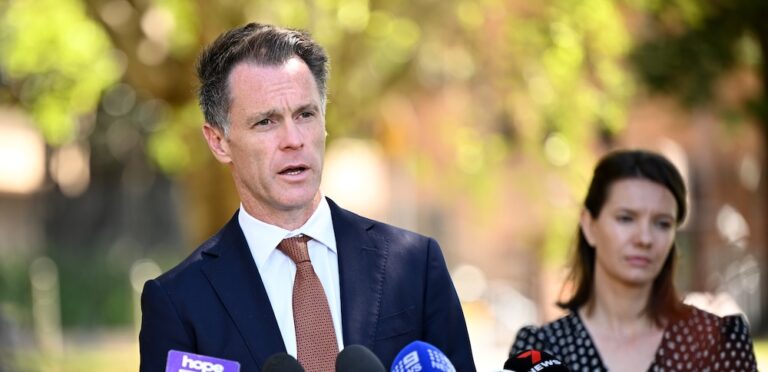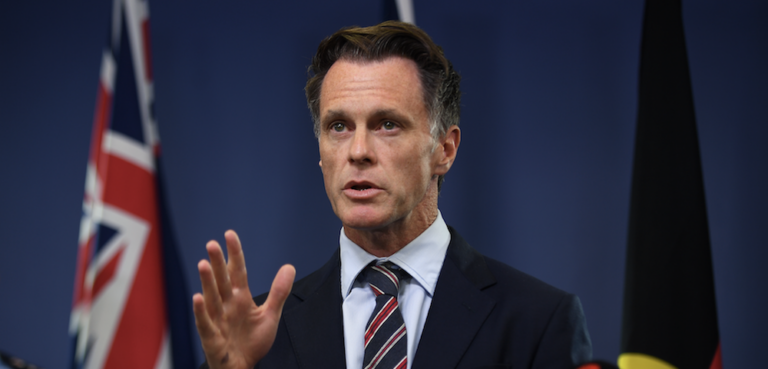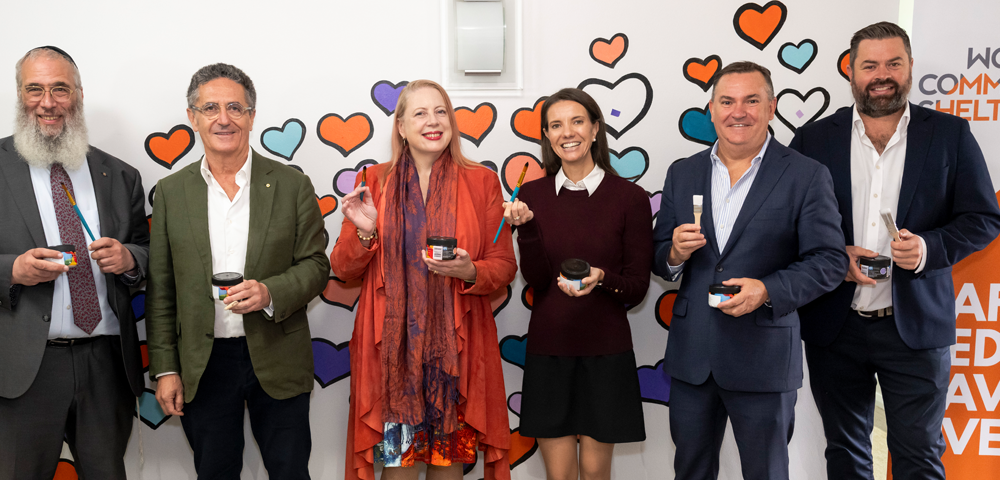
BY KENJI SATO
The number of people illegally downloading media content has plummeted, according to a research report released last week.
The report was released by Choice, a Marrickville based consumer advocacy group and “Australia’s largest and loudest consumer movement”.
It found that the number of people who admitted to regularly pirating movies or TV shows had fallen by a quarter, from 23 per cent in 2014’s report to 17 per cent this year.
Campaign Manager at Choice, Erin Turner, attributed this decline to the rise in streaming services in Australia, such as Netflix and Stan.
“The big change in the last six months is an explosion of new streaming services,” Ms Turner said.
“It’s quite a clear correlation between availability of content in Australia and rates of piracy.”
The report found that the number of Australians signed up to pay per view or subscription services was 59 per cent, up from 46 per cent last year.
Thirty-three per cent of the people who signed up to streaming services said that they are now pirating “much less often”. But 25 per cent of people said they were pirating “almost the same” amount of content.
“When we ask people who are still pirating, why they do so, the reasons are really clear,” Ms Turner said.
“The core reasons that we hear from consumers are availability and timeliness of content. Most people are pirating TV shows and movies they can’t yet find in Australia. If we fix these problems, piracy rates drop.”
Another reason that people gave for pirating was the perceived unfairness of the pricing.
“We find it offered at cheaper prices in the US and the UK, and there’s a real sense of a ripoff,” Ms Turner said.
Choice has been “strongly opposed” to the federal government’s proposals to crack down on internet piracy.
Ms Turner said that business owners should adapt to the digital economy.
“These proposals have been pushed by rights holders whose existing business models are being threatened,” Ms Turner said.
“There’s an old world thinking around copyright, the idea that you carve the world up to regions and you sell specific content at specific times at specific prices. But the internet’s here. We’re part of a global market,” she said.
“Businesses need to update their practices and recognise what consumers want. The proposals put forward in the last year are misguided and even harmful to consumers. They don’t address the primary reasons for piracy that we’re seeing: availability, access, affordability.”
Simon Frew, president of the Pirate Party of Australia, said that Netflix is the market catching up to consumer demand, and that piracy was a justified method to get around geo-blocking.
“Australia’s a bit of a cultural backwater. That is probably why most people pirate, because they want to access the same stuff as the rest of the world at the same time,” Mr Frew said.
He said that social media meant an increasingly globalised world, and said this was impacting on media consumption behaviour.
“I have friends in the US and if I don’t download the most recent shows that we watch in common at the time that they watch it, they’ll talk about it on Facebook and it’ll be ruined for me,” he said.
“In order for me not to have all the spoilers come up, the easiest thing for me to do is to watch it when it comes out.”
But Chairman of the Australian Copyright Council, Professor Michael Fraser, said that Australia needs stronger copyright law.
Professor Fraser said creators needed protection, so they don’t “starve in a garret for the benefit for the community”.
“I don’t agree with the pirate party and their anarchist point of view. They are advocating against a human right, which is an intellectual property right,” he said.
“We should respect the work of creators by respecting the intellectual property just the way that we do for other forms of property.”
Professor Fraser said that he agreed with Choices’ argument that streaming services help reduce rates of piracy. He also agreed that businesses should adapt to the evolving, globalised, digital market.
“I think that it’s important for copyright owners to make their works available conveniently and instantaneously in different forms at a reasonable price. But it doesn’t justify piracy if the work is not available in the way a consumer wants,” he said.
“Strong copyright law is important,” Professor Fraser said, “because it is the foundation for freedom of expression in our society. It means independent creators and producers can continue to work as professional creators and producers”.
“It’s also important because it’s a moral issue. We shouldn’t take other people’s work without their permission.”
Ms Turner said people were continuing to use overseas streaming services, and that this showed that people were still unsatisfied with the availability of content in Australia.
“There’s a real frustration out there that people can’t get what they want, and even when they try to do the right thing they’re locked out. It doesn’t excuse piracy. But it gives us a real clear sense of the solution. Just sell the stuff here,” she said.









